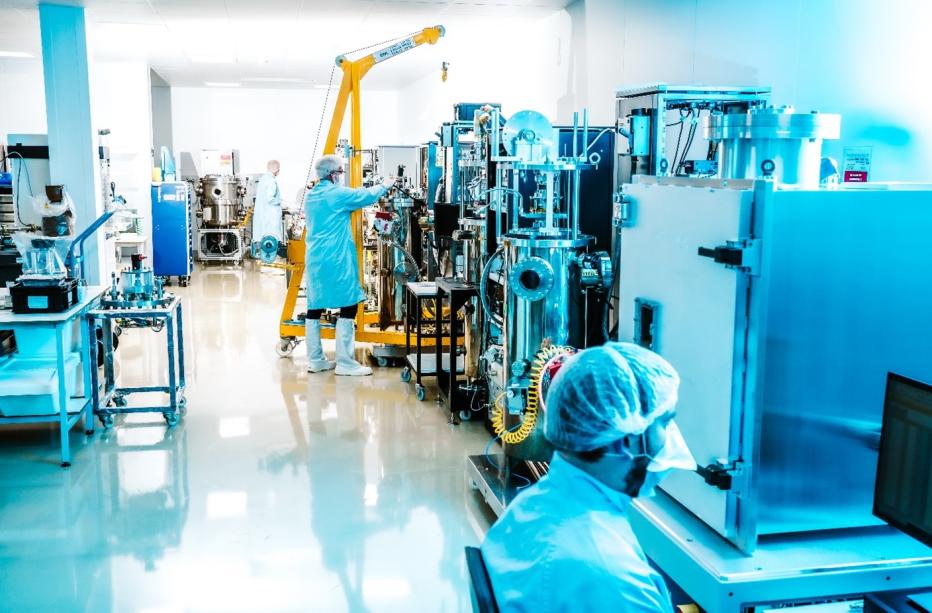
Jacobs is teaming up with ESR Technology to offer advanced component and materials testing capabilities to important industrial sectors including rail, space, hydrogen and nuclear energy.
Alongside the National Centre of Tribology, ESR Technology operates the European Space Tribology Laboratory as a center of excellence in space and vacuum tribology on behalf of the European Space Agency.
ESR Technology’s facilities are located in Warrington, U.K., close to Jacobs’ Technology, Consulting and Innovation laboratories, which perform complementary services such as materials testing.
Tribology, the study of lubrication, friction and wear, is essential for all mechanical systems and especially relevant for spacecraft, whose components need low friction to operate efficiently over long lifetimes in conditions where conventional forms of lubrication and relubrication are untenable.
“We are looking forward to working together to bring value to the space sector and in the hydrogen energy challenge, where there is a strong requirement for ESR Technology’s tribology, cryogenic, and vacuum testing along with Jacobs’ materials testing,” says Jacobs Group Director Mayur Jagatia.
“ESR has a long track record of innovation in mechanical systems, unique expertise in tribology and in forensic engineering as well as the proven ability to help clients to deliver optimized and high technology solutions, or to extend asset lifetime,” ESR’s Engineering Business Director and Head of Space Group Simon Lewis adds. “Given this, I am delighted to be collaborating and looking forward to working more closely with Jacobs to extend the combined expertise and test capabilities offered within these important industrial sectors. Together we can provide a unique and comprehensive offering to a range of strategic clients.”
From next generation systems for a climate-resilient future to managing complex decommissioning, site closure, radioactive waste and remediation efforts, we're helping solve the world’s most complex nuclear challenges safely and effectively. Explore more about our work across the nuclear lifecycle.












































